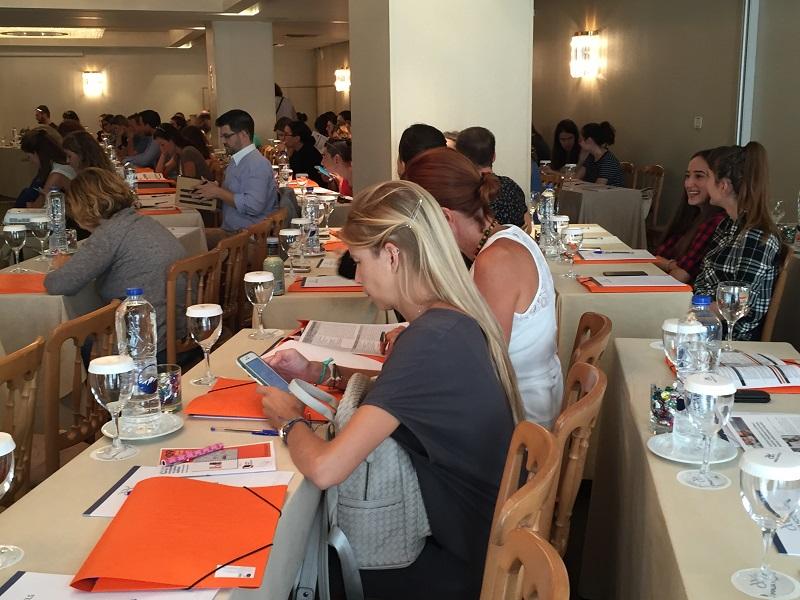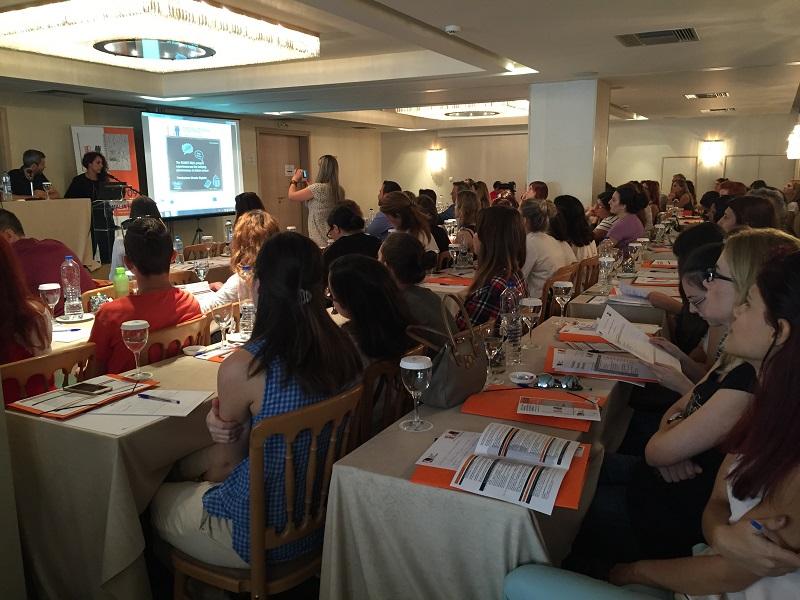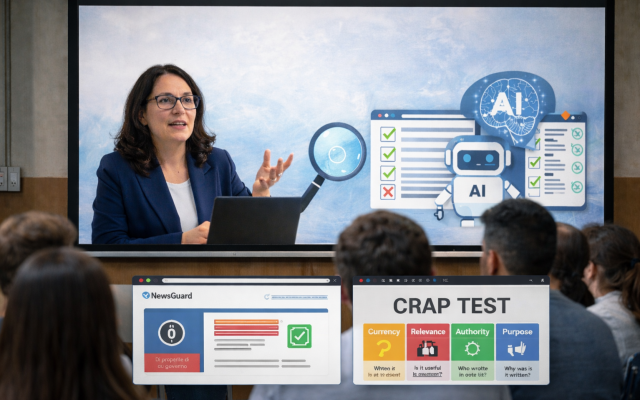Last Tuesday, September 20, Fondazione Mondo Digitale, Anti-bullying Centre Dublin City University, INFOREF and Daissy Research Group Hellenic Open University, Computer Technology Institute and Press presented the results of Project Sonet-Bull – Using ICT social networking tools, peer learning and crowdsourcing to train schools to face student bullying [see news Antibullying Policy].”


According to data from the London School of Economics - EU Kids Online: National perspective, 60% of young boys and girls aged 9-16 use the Internet every day at home (87%) and at school (63%). In particular, 75% of them uses the Internet for interactive communication (social networking, instant messaging, email), watching on-line videos and searching for information; 40% have used the Internet to look for new friends; 34% has added contacts that they have never met in real life and 16% has pretended to be someone else on-line.
In this age group, 12% reveals they are annoyed or bothered by on-line content; 6% have been a victim of on-line bullying and 3% have bullied others. Indeed, 56% of the young bullies declare that they have bullied in real life, too, while 55% of the victims declare that they have suffered bullying in person, too, especially at school. On-line and real-life bullying at school are interconnected phenomena and bullying easily moves between these two spheres.
Teachers and school staff often use the Internet less than their children and students. When faced with the risks of the web, parents and teachers tend to adopt a strategy that limits or prohibits the use of the Internet, but it would be far more efficient to promote the understanding of the risks present on the Internet, digital literacy and practical aspects of usage (settings, privacy, etc.).
Digital literacy is fundamental to provide our youth with the tools they require to protect their privacy and be aware of dangers. Moreover, digital literacy is the key to help young men and women understand creative activities and educationally-oriented entertainment.
The strategy that is proving most efficient in Europe to contrast school bullying and cyber-bullying calls for the involvement of school staff, parents and teachers. The “Whole School Approach” has been tested in Italy by the Fondazione Mondo Digitale as part of educational seminars with school staff and parents.
Many of the 120 teachers involved in this project in Rome had initial difficulties identifying acts of bullying. They did not have sufficient knowledge of the phenomenon to understand its causes and its effects on the victims. However, they wanted their schools to adopt a strategy to use in case of need, and many developed school policies and strategies to manage incidents with the bully, the victim and their families.
Schools that did not participate in the programme can still follow the on-line training programme provided by the Sonetbull.eu Platform and obtain “Bullying Prevention Training Certificate Level I” and “Bullying Prevention Advanced Certificate.” These certifications are recognized by the Anti-bullying Centre Dublin City University (Ireland), INFOREF (Belgium), Hellenic Open University (Greece) and the Fondazione Mondo Digitale (Italy), an organization accredited by the Italian Ministry of Education, University and Research.



